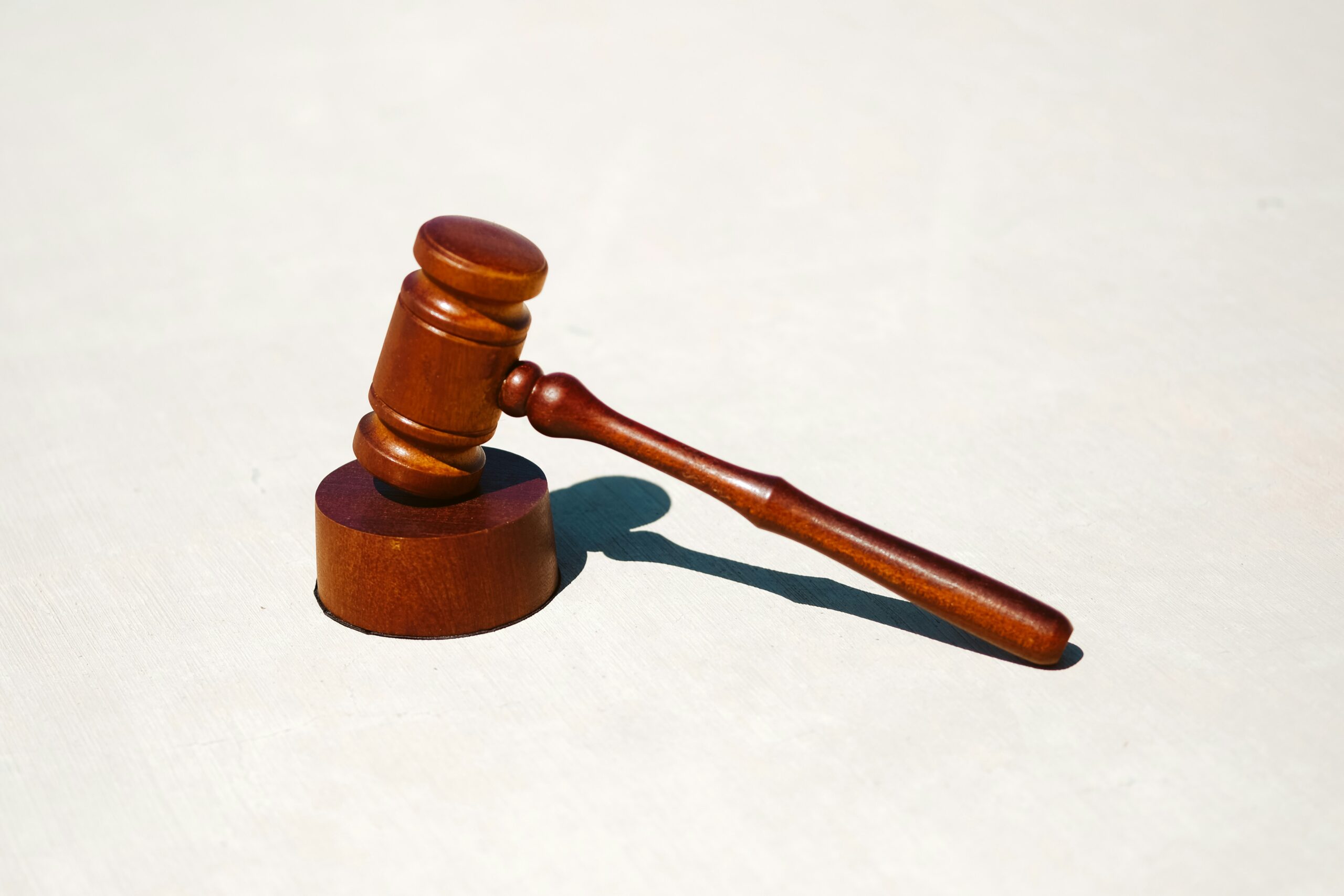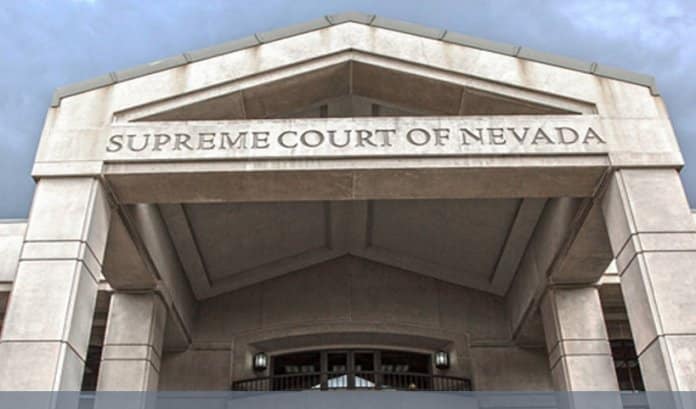ISAACSON LAW BLOG
Why “Failure to Communicate” Is a Violation

Communication is Key
I spent the better part of a decade as a prosecutor for the State Bar of Nevada and briefly served as Interim Bar Counsel. What I learned during that period of my career is that most bar grievances are triggered by a lack of communication between the lawyer and their client. Even when the attorney has done nothing wrong, a State Bar investigation can be stressful and time-consuming. While excellent communication practices won’t stop all grievances, they can head off quite a few of them.
The Ethical Rule:
Under Rule 1.4 of the ABA Model Rules of Professional Conduct, which Nevada and many other states adopt or mirror closely:
A lawyer shall:
- Promptly inform the client of any decision or circumstance requiring informed consent.
- Keep the client reasonably informed about the status of the matter.
- Promptly comply with reasonable requests for information.
- Explain matters to the extent reasonably necessary to permit the client to make informed decisions.
Failure to meet these standards can be interpreted as an ethical violation, regardless of intent.
Common Examples That Lead to Complaints
- Unreturned Phone Calls or Emails
A client may attempt to contact their attorney multiple times over weeks or even months with no response. If they’re left in the dark about the status of their case, frustration can quickly escalate into a formal complaint.
- No Updates on Case Progress
Even if the attorney is actively working on the matter, failing to share progress (or delays) with the client can be seen as neglect or abandonment.
- Failure to Explain Legal Strategy or Options
Clients are entitled to make informed decisions. If a lawyer does not explain critical steps, decisions, risks, or outcomes in plain language, the client may feel ignored, confused, or even misled.
- Missing Court Dates or Deadlines Without Client Knowledge
If the lawyer misses deadlines, reschedules hearings, or submits documents without keeping the client informed, it signals disorganization or disregard.
- Lack of Communication Around Billing
Unexpected fees, unclear invoicing, or being billed for unexplained services often drive clients to file ethics complaints, especially when attempts to discuss billing are ignored.
How Attorneys Can Protect Themselves
- Set expectations upfront: Explain communication timelines and preferred methods in your engagement letter.
- Use tools: Case management software can automate updates and reminders.
- Document everything: Keep records of client outreach and communication.
- Respond promptly: Even if you don’t have an update, acknowledge the client’s message and set expectations.
- Get support if overwhelmed: If caseload or personal issues are affecting communication, consult with a colleague or bar support resource.
Some clients are more difficult than others. Managing expectations and being consistent can prevent misunderstandings and keep the attorney-client relationship on track for success.

LOCATION
- (702) 529-2559
- 7575 Vegas Dr, Suite 150N, Las Vegas, Nevada 89128
BUSINESS HOURS
Monday – Friday: 8:30am to 5:30pm
Recent Blog Posts

HOA Fee Increases: Don’t Surprise Homeowners


Why “Failure to Communicate” Is a Violation

